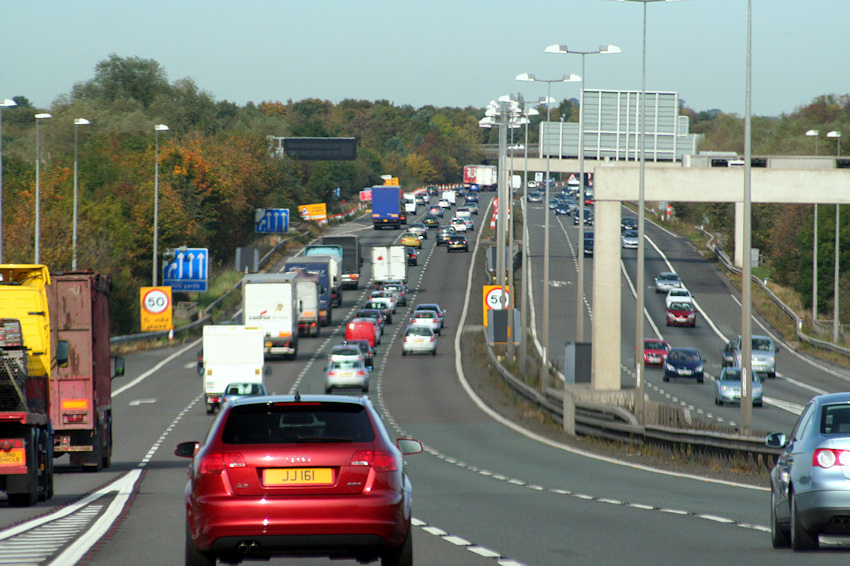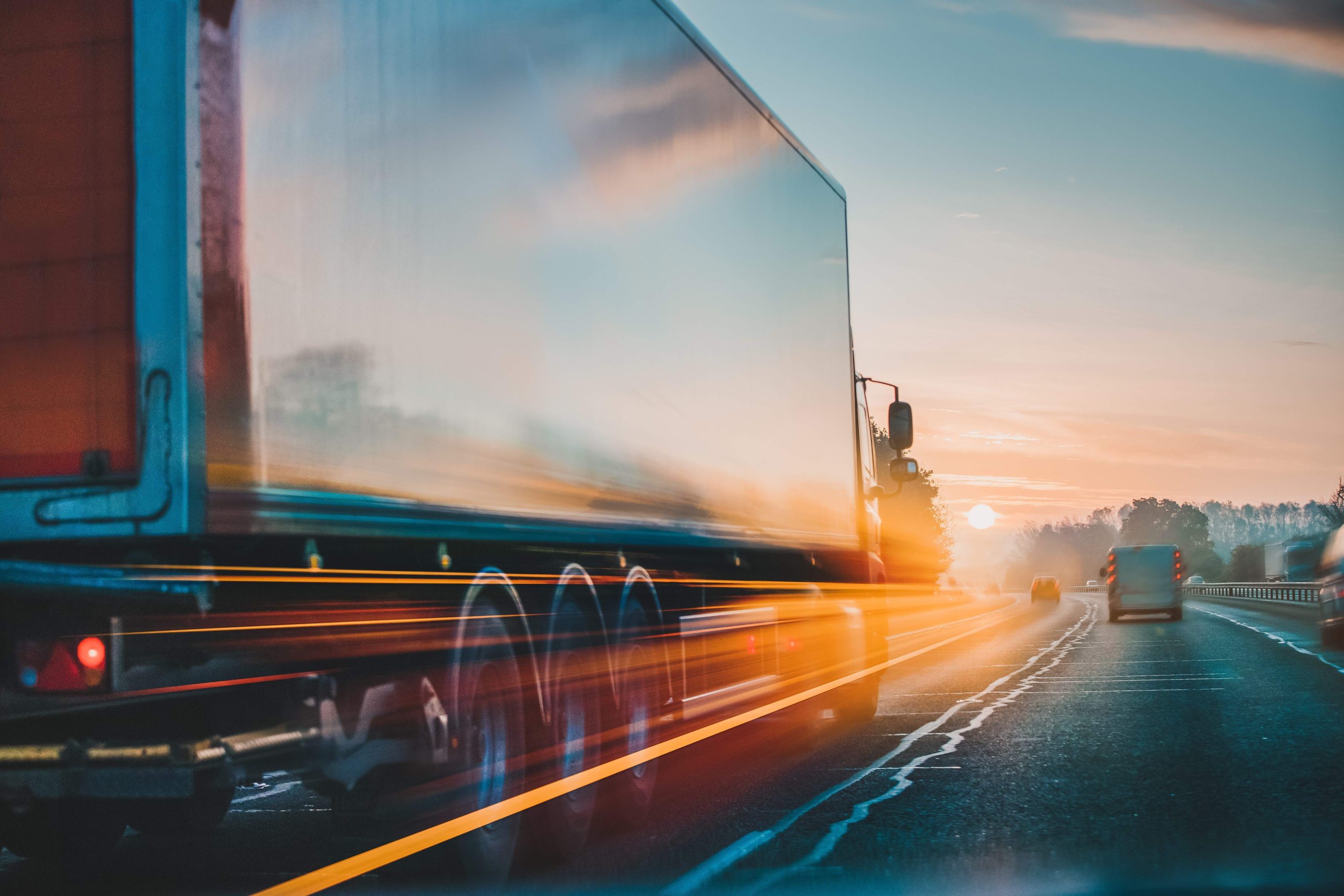Hydrogen Fuel Cell Trucks to Decarbonise the Logistics Sector

Toyota Motor Europe (TME) has joined forces with the Dutch VDL Groep (VDL) to break into the market of zero-emission heavy-duty hydrogen trucks in Europe, using Toyota’s fuel cell technology. How will this accelerate the decarbonisation of the road logistics sector?
In recent years, cleaner road vehicles and fuels have become more available, yet the sector’s impact on people’s health, the environment and climate change are still persistent.
In Europe, transport currently contributes to about a quarter of the EU’s GHG emissions, three-quarters of these come from road transport.
According to EEA data, carbon emissions from passenger cars in the 27 EU Member States increased by 5.8%, and emissions from heavy goods vehicles increased by 5.5% from 2000 to 2019.
It has been found that the main reason for the total increase in both car and truck emissions was growing transport volumes, which have only partially been offset by better fuel efficiency and the use of biofuels.
TME has a goal of reaching carbon-neutral by 2040
The company sees significant potential in using hydrogen trucks to decarbonise its logistics routes. It is crucial that this decarbonisation happens for TME to reach its target of achieving its full carbon-neutral strategy by 2040.
It will see the lower mass of hydrogen systems allow for heavier payload, and the fast refuelling of hydrogen is essential for transport with high utilisation.
VDL Groep will build the first fuel cell truck by the Summer of 2023, followed by more vehicles to be produced and assessed on TME logistics routes in the Autumn of the same year. VDL Groep comprises more than 100 operating companies, each with its own specialism, working together intensively.
The activities of these companies can be summarised as Science, Technology & Health, Mobility, Energy & Sustainability, Infratech and Foodtech.
Hans Bekkers, Commercial Director at VDL Special Vehicles, expressed that this project is key to the company exploring further hydrogen opportunities: “VDL Special Vehicles believes in a zero-emission future for medium and heavy-duty on- and offroad equipment.”
We are therefore extremely proud to work with Toyota Motor Europe on this innovative technology project, which will allow us to expand our activities in hydrogen drivelines.
VDL Special Vehicles, part of the VDL Groep, is a specialist in the field of battery electric and hydrogen solutions for on and off-road vehicles.
In addition, it also offers support in areas such as product development, prototyping, and certification of zero-emission drivelines.
Fuel cell trucks will play an important role in boosting the hydrogen ecosystem
The project will consolidate learnings on how to deploy fuel cell trucks, further supporting the company’s long-term vision of decarbonising logistics and reducing Toyota’s carbon footprint beyond the electrification of passenger vehicles.
Leon Van Der Merwe, VP of Supply Chain at Toyota Motor Europe, explained that the project will allow the company to further decarbonise the long-haul transport of its components and vehicles.
He said: “Heavy-duty trucks will remain an important pillar within our multimodal strategy, and the introduction of zero-emission trucks, equipped with our Toyota fuel cell modules, will have a strong impact on the overall carbon reduction of our logistics.”
Fuel cell trucks have an important role in the growth of the wider European hydrogen ecosystem, strongly supporting transport decarbonisation and the energy transition.
Heavy-duty vehicles are critical in generating a good supply and demand dynamic for hydrogen. The profitable feedback loop will stimulate the development of sustainable infrastructure while allowing other new mobility applications to emerge.
This new truck project is one of many that Toyota has recently put into place with multiple partners, including those for light commercial vehicles, boats, trains, and buses. The goal of these projects is to focus on accelerating the transition to a hydrogen economy.

